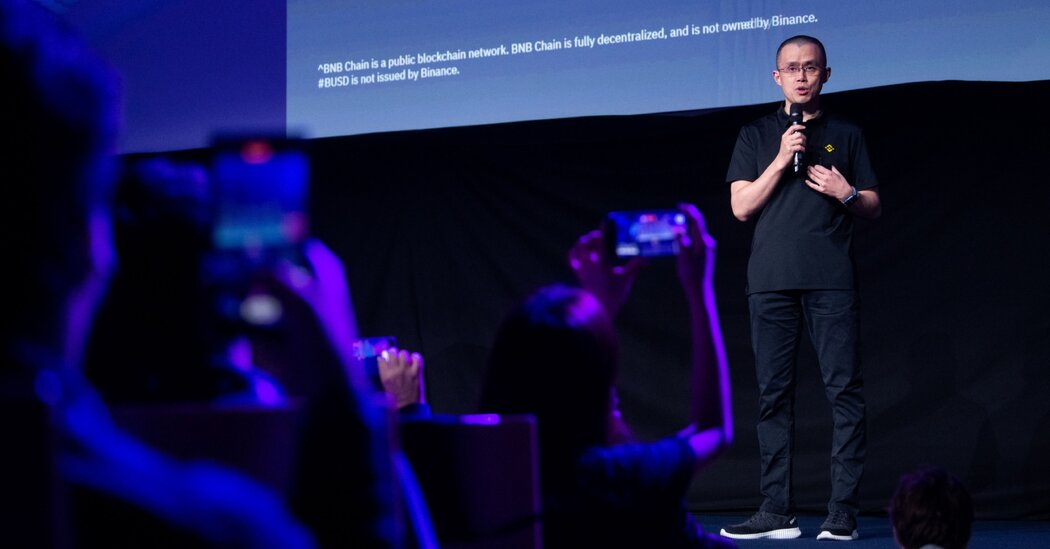The projected numbers include Twitter’s annual revenue of more than $13 billion and earnings before interest, taxes, depreciation and amortization — a measure of profitability — which may reach $6 billion by 2025, two people reviewing the numbers said.
Investors were given several days to make a decision. Some objected to the speed and lack of detail on governance issues, including voting rights, information rights and the composition of Twitter’s board of directors headed by Mr. Musk, one person said. The $44 billion Mr. Musk pays for Twitter was also a sticking point, given the company’s inconsistent earnings, the person said.
Morgan Stanley declined to comment.
Some investors did not wait for Mr. Musk to contact them. Binance has contacted him directly, said a person familiar with the situation, and is investing $500 million. The cryptocurrency exchange saw an opportunity to use the blockchain, a database for digital information, to tackle bots, which are automated accounts that spam people, the person said.
“A small contribution to the cause,” said Changpeng Zhao, the founder of Binance, said on Twitter about the investment. (The company also recently invested in Forbes, aiming to integrate cryptocurrency with a traditional media company.)
Sequoia Capital, a Silicon Valley-based investment company, invested $800 million and said it had been “front row for Elon’s business and technical prowess” for 20 years.
“Like him, we see the opportunity to drive meaningful product innovation that will help unlock Twitter’s full potential as a global platform connecting the world,” said a Sequoia spokeswoman.
Brookfield, a real estate management firm, invested $250 million through its technology growth investment arm. The company has used Tesla technology to add solar panels to some of its properties and recently invested in SpaceX. Brookfield declined to comment.

